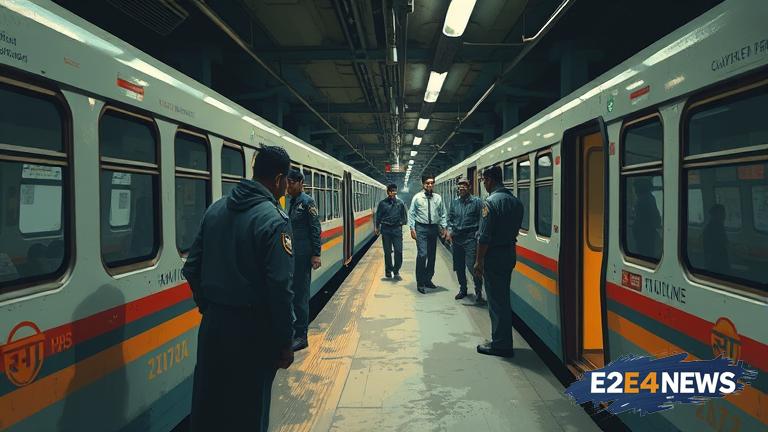The 11/7 Mumbai train bombings, which occurred on July 11, 2006, were a series of coordinated terrorist attacks that targeted several commuter trains in Mumbai, India. The attacks resulted in the deaths of 209 people and injured over 700 others. The case was investigated by the Mumbai Police and the Anti-Terrorism Squad (ATS), and several accused were arrested and charged under the Maharashtra Control of Organised Crime Act (MCOCA). The defence had claimed that the accused were subjected to custodial torture, which was rejected by the special MCOCA court. The court stated that there was no evidence to support the claims of custodial torture and that the accused had failed to provide any credible evidence to substantiate their allegations. The prosecution had argued that the accused were involved in the conspiracy and had played a key role in the planning and execution of the attacks. The court had also rejected the defence’s claims that the accused were not involved in the conspiracy and that they had been falsely implicated. The 11/7 Mumbai train bombings were one of the most devastating terrorist attacks in India’s history, and the case has been widely followed in the media. The attacks were carried out by the Lashkar-e-Taiba (LeT) and the Students Islamic Movement of India (SIMI), and were intended to target the Indian economy and create fear and panic among the population. The investigation into the attacks was led by the Mumbai Police and the ATS, and several accused were arrested and charged under the MCOCA. The case has been ongoing for several years, with the prosecution presenting a large amount of evidence, including eyewitness testimony, forensic evidence, and documentary evidence. The defence had argued that the evidence presented by the prosecution was not credible and that the accused had been falsely implicated. However, the court rejected these claims and stated that the evidence presented by the prosecution was sufficient to prove the guilt of the accused. The 11/7 Mumbai train bombings were a traumatic event for the people of Mumbai and India, and the case has been widely followed in the media. The rejection of the defence’s claims of custodial torture is a significant development in the case, and the court’s verdict is expected to be appealed by the defence. The case has also raised questions about the use of torture in police custody and the need for greater accountability and transparency in the investigation and prosecution of terrorist cases. The Indian government has been criticized for its handling of the case, and there have been allegations of human rights abuses and mistreatment of the accused. The case has also highlighted the need for greater cooperation and coordination between different agencies and governments in the fight against terrorism. The 11/7 Mumbai train bombings were a devastating attack that targeted innocent civilians, and the case has been a significant challenge for the Indian justice system. The court’s verdict is a significant step towards bringing the perpetrators of the attacks to justice, and it is expected to have a major impact on the fight against terrorism in India.
